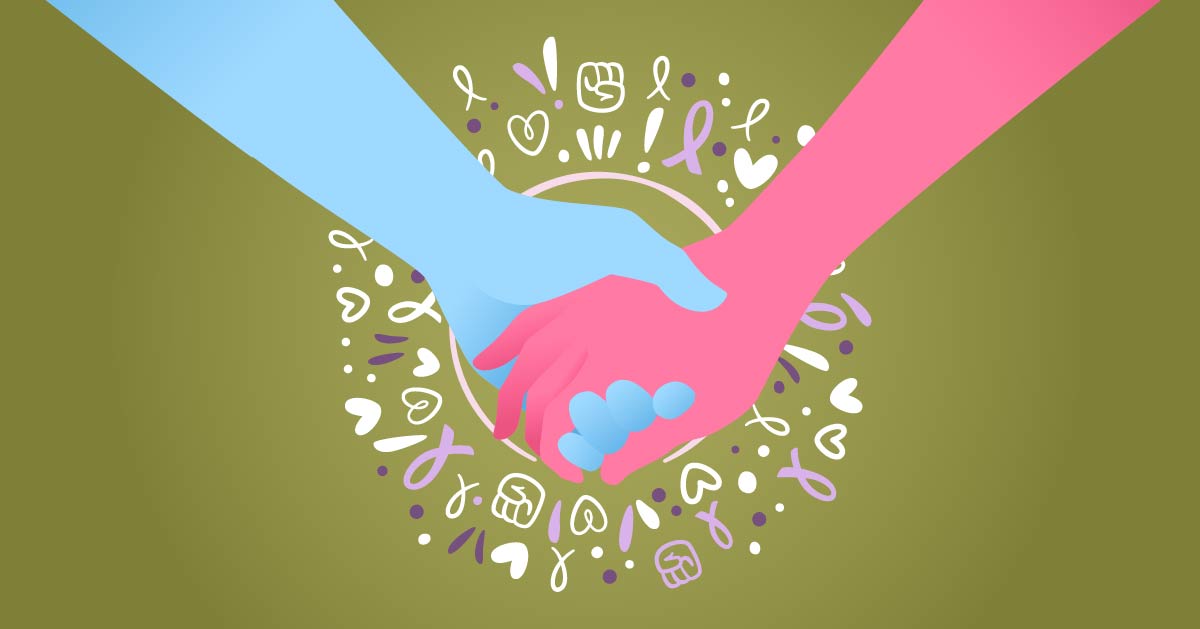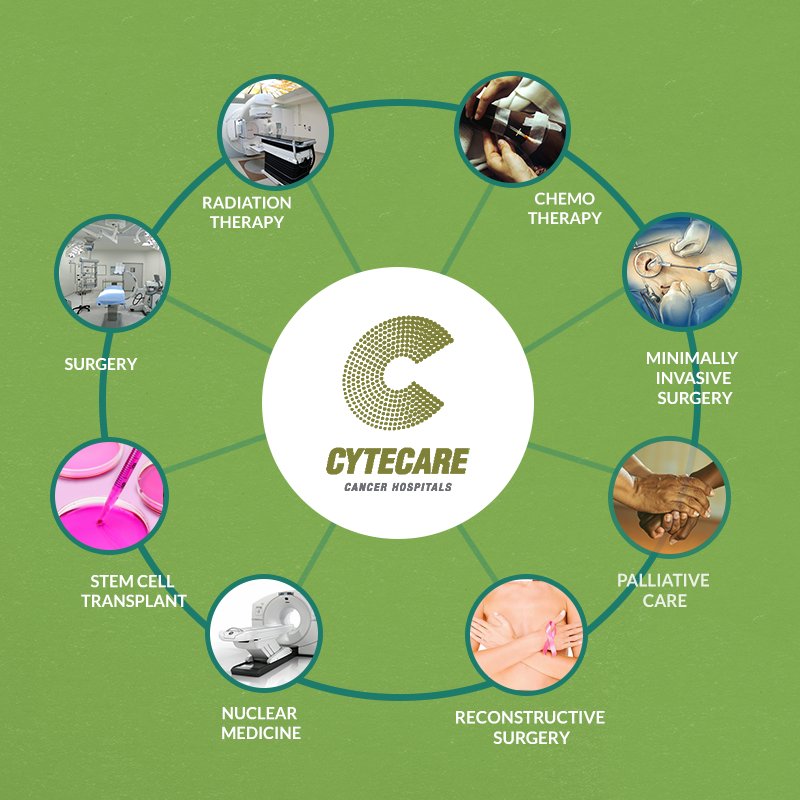
Author:
Dr. Harish P, Consultant – Medical Oncology
A diagnosis of cancer is not only tough for the patient, the patient’s loved ones also go through the same emotional turmoil, and sometimes more than the patient.
They may be spouses, partners, family members, or close friends. Most often, they are not trained for the caregiver job. Many times, they may be the lifeline of the person with cancer.
We call them Cancer Caregivers
Caregivers have many roles. These roles change as the patient’s needs change during and after cancer treatment. Today a lot of cancer care is done in outpatient treatment centers and doctors’ offices. This means that sicker people are being cared for at home.
HERE IS A LIST OF READY RECKONER FOR YOUR JOB AT HAND AS A CAREGIVER
As a caregiver, you have a huge influence – both positive and negative – on how the cancer patient deals with their illness. Your encouragement can help the patient stick with a demanding treatment plan and take other steps to get well, like eating healthy meals or getting enough rest.
Here are some things you can try to do to keep the patient involved:
KEEP IT SIMPLE.
Help them live as normal a life as possible.
LISTEN.
Encourage them to share feelings and support their efforts to share. For instance, if they begin talking to you about their feelings about cancer, don’t change the subject. Listen and let them talk. You might want to share how you’re feeling, too.
AVAILABLE.
Let the patient know you’re available, but don’t press issues. For example, if they’re trying to do something, such as dress themselves – they might be struggling, but they need to be able to do this. You may want to do it for them but don’t. Let them decide when they need help.
POWER OF TOUCH.
Remember that people communicate in different ways. Try sharing by writing or by using gestures, expressions, or touch. Sometimes, it may be really hard to say what you’re feeling, but a gesture such as holding hands might show how you feel
TAKE CARE AT HOME.
When you visit the patient check the house for safety issues like cluttered walkways, loose rugs, or bad lighting. Maybe grab bars in the bathroom or a shower seat would be helpful. Help make improvements or arrange for someone else to do so.
WISH THE BEST BUT PLAN FOR THE WORST.
Plan for a crisis. Who can you count on to check on your loved one any time, day or night?
COORDINATE.
Keep a list of all the medicines and treatments the patient is getting (include doses and schedules), and update it regularly.
CONNECT.
Make sure the person with cancer can reach you and others who help with care. This might mean buying a cell phone for your loved one or arranging for a long distance plan on their landline phone. You can also program important numbers into their phones. This can serve as a phone number directory and help with speed dialing.
PREPLAN.
Try to plan your visits. Once you get there, you may be overwhelmed by everything that needs to be done, but having a plan keeps you focused and less stressed.
FREQUENT VISITS.
And don’t forget to visit me! Remember to spend time with them and do some activities together – things that you both enjoy.
ASK QUESTIONS.
Don’t be afraid to ask questions and take notes during doctor visits. No doctor gets angry for asking questions, however nonsensical they may appear to be.
Learn who the members of the treating team are and know how to contact them. Getting the right support and information can help both you and your loved one with cancer.
CHEERS



